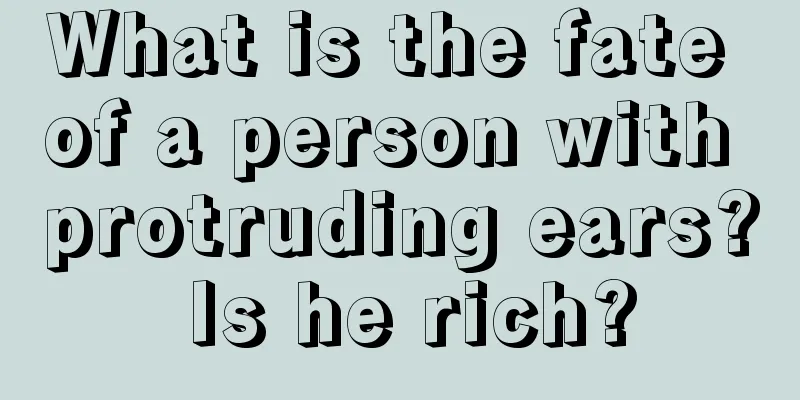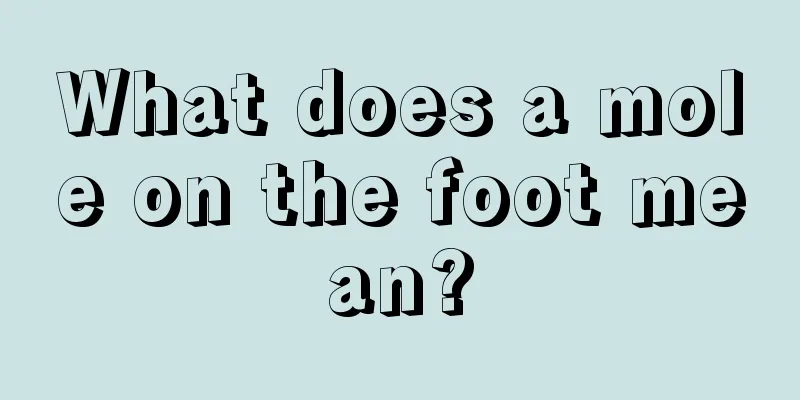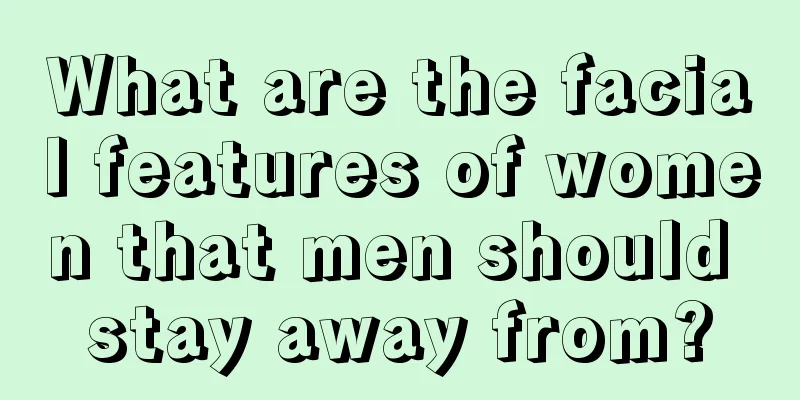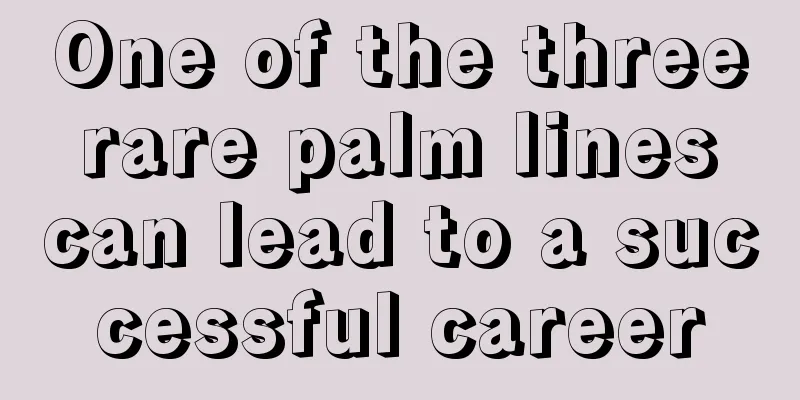How does 5G unleash the potential of blockchain?
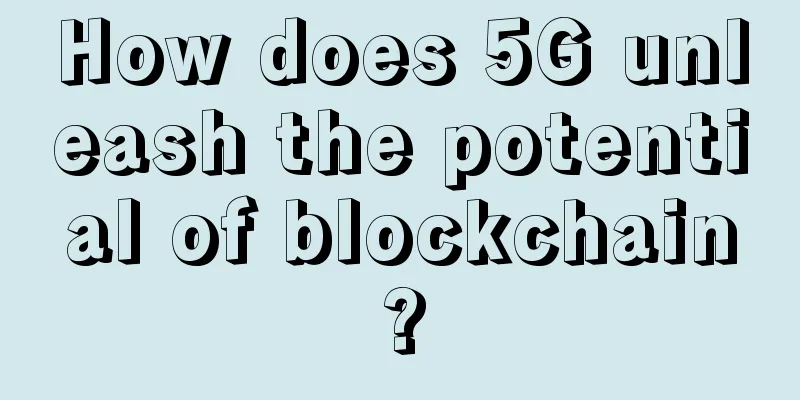
|
A recent report by Ericsson predicts that by 2025, 65% of the world's population will have access to 5G technology, and smartphone data usage will increase from the current average of 7.2GB per month to 24GB per month. Compared with 4G, 5G has an obvious advantage in communication speed, and 5G is more reliable and can provide a larger signal coverage area. At peak speed, 5G is about 20 times faster than 4G, with a minimum peak download speed of 20 Gbps compared to 4G's 1 Gbps. As part of the new Internet technology, 5G is usually used together with blockchain and artificial intelligence, which will completely change the way the Internet operates and have an important impact on the Fourth Industrial Revolution. So, what role will blockchain play in this new world opened up by 5G? Encryption technology protects the security of the Internet of Things The rise of 5G is closely tied to the boom in Internet of Things (IoT) devices. According to Ericsson, by the end of 2025, the number of cellular IoT devices will soar from 1.3 billion to 5 billion, a 285% increase. The IoT encompasses everything from smart thermostats to self-driving cars to agricultural water sensors. The IoT is able to connect IoT devices at all times and communicate data from devices monitoring the environment to people or other IoT devices. With 5G connectivity, these smart devices will be able to communicate with each other and talk to users in the ever-expanding IoT. However, the increased connectivity between devices brought about by the IoT brings with it security risks - this is where blockchain comes in. While stealing data stored in a smart refrigerator may be trivial, hacking a smart car could be fatal. Darren Sadana, CEO of Choice IOT, an IoT management platform, believes that blockchain can help prevent hacker attacks and that most computer programming will switch to blockchain technology in the future. He said: "With the expansion of 5G coverage and the development of smart applications, which need to process large amounts of complex data at high speeds, the risk of being hacked will increase," In a recent AAA survey on self-driving cars, 49% of respondents wondered how vulnerable they were to hackers. “Blockchain’s advantages in terms of security are very clear, and it can provide a huge benefit,” Sadana said. The economic value of creativity Ayushi Sharma, business consultant at iFour Technolab, believes that blockchain-based security systems may have important uses in other areas of 5G technology. Sharma said that the improvement in bandwidth provided by 5G networks will allow the IoT to expand into previously unavailable applications, leading to a "surge in economic value" and reaching remote areas that have never been covered by traditional Internet before. Sharma said anything that relies on 5G networks for fast, secure data transfer will benefit from blockchain — robot-assisted surgery, for example. Millions of devices in smart cities that rely on fast data transfers could also communicate more easily and securely. Secure SIM card and unique virtual ID Professor Nir Kshetri of the University of North Carolina at Greensburg believes that blockchain can also be used to protect 5G itself. "Telecom companies can provide subscribers with eSIMs (embedded SIMs) or apps that create a unique virtual identity that is encrypted and stored on the blockchain," Kshetri said. SIM card security, like smart contracts, can also be used on e-commerce sites, "Subscribers can use their unique IDs for automatic authentication on e-commerce sites." Joel McLeod, founder of Emerging Technology, an online forum for technology experts, believes that once 5G and blockchain technology are integrated, "it will significantly increase global research costs for the comprehensive application of new technologies, and the salaries of professionals who are proficient in multiple technologies will also increase." Inclusive Finance Richard Dennis, founder and CEO of Temtum public chain, is looking forward to the potential of combining blockchain and 5G for the financial world. He said: "5G and blockchain are expected to form a strong combination in the back end." Blockchain can protect mobile banking networks that "must ensure transaction security at a very low granularity level", and 5G will ensure that these complex networks will not be stressed under the pressure of blockchain. Dennis believes that blockchain and 5G can help in developing countries, "For people who don't have bank accounts and need loans, crypto networks can provide them with payment and loan solutions, which will be a big step forward." He mentioned that such developments in the banking industry may be the first step towards much-needed changes in developing countries, including better and more reliable access to power grids and high-speed Internet, and addressing the high fees in transactions and remittance payments, as well as government corruption and economic fluctuations. If these become reality, the achievements of the 5G era may come as a big surprise to all mobile industry practitioners. |
<<: After the Bitcoin flash crash, is the cryptocurrency lending business still viable?
>>: 2012 VS 2020: How BTC survives in the year of production cuts and crisis
Recommend
Filecoin bears: easy to collapse, high valuation, and high policy risks
Filecoin was once claimed that everyone could min...
Bloomberg: Bitmain to apply for IPO as early as September to raise $3 billion
Previously, there were reports that Bitmain may s...
Detailed Explanation of the Twelve Palaces in Physiognomy - Life Palace
The Palace of Life, also known as the Palace of I...
Dubai bank Emirates NDB and Indian bank ICICI collaborate to complete cross-border blockchain transaction
Rage Comment : In order to build a smart city, th...
What does a short lifeline on the right hand mean?
The most familiar palm line on our hands is the m...
How Filecoin supports BSN's "cloud storage"
This article was originally written by Tony from ...
What are the palmistry characteristics of late bloomers?
The destiny trajectories of life are varied. Some...
Facial features of a greedy and stingy man
1. Three white eyes The eyes have more white, wit...
Mole on the nose Mole on the right side of the nose
Mole on nose, mole on the right side of nose Ther...
Eyebrow shape can tell you about love
Eyebrow shape can tell you about love There are v...
Bear or bull market? Crypto experts weigh in on recent volatility
The price of Bitcoin and many cryptocurrencies ma...
What is the fate of a woman with a mole on her right palm?
In addition to one's own horoscope, zodiac si...
Ethereum miners’ revenue in February exceeded $1 billion, a record high
According to data collected by The Block Research...
About Filecoin's block framework---tipsets
Recently, some friends have been asking, what are...
The length of your fingers can tell your career fortune
It is difficult for everyone to correctly underst...
